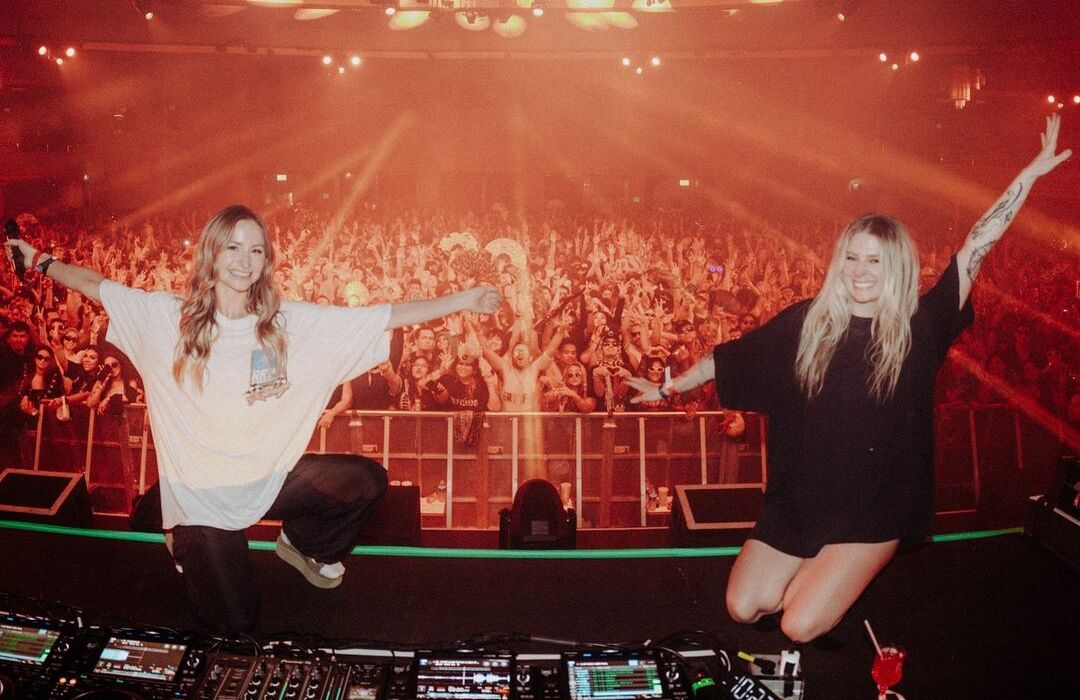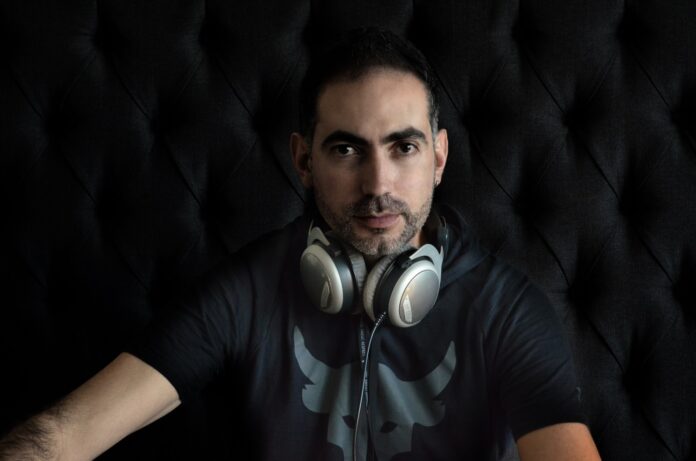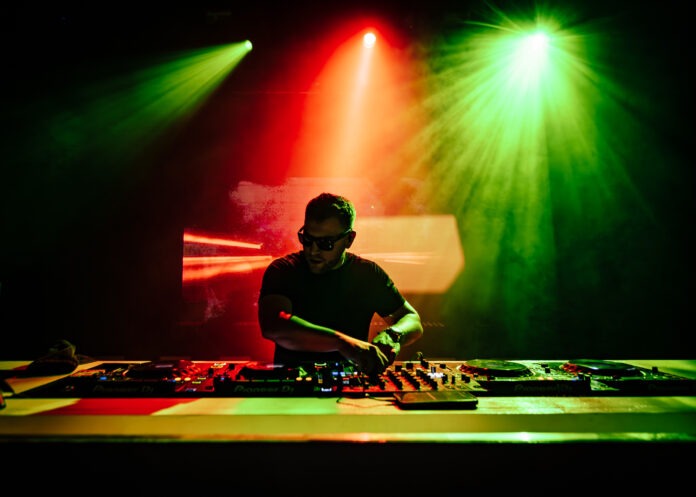Neon Genesis Evangelion continues to be one of the most influential franchises in mecha, and in anime, in general. The subversive deconstruction inverted numerous tropes of the genre, creating a dark, introspective series that basked in its psychological torture of the main cast.
The series has lived on in the Rebuild of Evangelion movies, which remake and drastically retell the original series. The fourth and final entry, Evangelion: 3.0+ 1.0 Thrice Upon a Time, has finally released recently, putting the franchise back into the spotlight once again. Despite all of its acclaim, controversy and continued popularity, Evangelion didn't actually originate many of the themes that made it a success. Here's a look at the not as well-known series Space Runaway Ideon, and how it was a huge influence on Evangelion.
What Is Space Runaway Ideon?
Space Runaway Ideon is set in the year 2300, by which time humanity has colonized much of the known galaxy. In one mysterious world called Solo, humans discover vehicles that can combine into the powerful mystical robot Ideon. The group quickly uses this weapon to defend against the alien Buff Clan, who believed that they were being invaded by the humans. This misunderstanding launches an all-out war, with both sides vying for control of the Ideon and the Ide energy that powers it. Complicating matters is the presence of a girl named Karala, who may hold the key to victory for either side.
What at first seemed to be a sort of halfway point between Super Robot anime and the more war-oriented Real Robot genre quickly became a much darker, more subversive series by the end. The TV show ends with the Ideon judging both humanity and the Buff Clan as having failed to capitalize on the chances each had been given. For this reason, it wipes out both species but promises to recreate them as superior beings on the far sides of the universe, giving them a second chance to make things right.
The series' movie finale, Space Runaway Ideon: Be Invoked, took things even further. For one thing, most of the cast is brutally murdered in ways not portrayed in the show's ending. Likewise, when Ideon judges both species, it literally destroys the universe in the process. Though it still promises to recreate humanity and the Buff Clan, it does so only after wiping out any and all life.
How Ideon Inspired Evangelion
As many have pointed out, the basic premise of Ideon alone bears many similarities to that of Evangelion. The misunderstood nature of the conflict that causes the war between humanity and the Buff Clan is similar to how long it remains unknown exactly why the Angels attack humanity in Evangelion at first. The amorphous blend of Super Robot and Real Robot elements is another shared feature between the franchises, as is the seemingly divine nature of the Eva units and the Ideon. Other similarities between the Evas and the Ideon are their apparently limitless energy sources, as well as their reading the emotions of their pilots and acting to protect them.
The biggest similarity, however, is the esoteric and apocalyptic nature of both show's different endings. Like Ideon, Evangelion had an abstruse, somewhat out-of-left-field conclusion. These endings both result in their protagonists awakening in a new world and relying on comparable ideas of eggs and childbirth surrounding these rebirths. They also both received movies to better explain and extrapolate upon these events, making the similarities even more uncanny. It's worth noting that budget cuts resulted in how obtuse the TV ending for Evangelion was, mimicking the ratings and financial failure of Ideon. This controversial and criticized ending for the show resulted in The End of Evangelion movie.
In The End of Evangelion, many of the cast members from the show are killed via the violent events of this climax. The rest literally implode into a violent miasma of primordial goo when the ending truly comes. This is all part of the Instrumentality event that sees humanity reduced to nothing; part of putting the species into a hive-minded, singular consciousness. The entire human race and the Earth itself are made a part of this. Though this doesn't quite match the universally destructive scope of Be Invoked, it's similar to how humans and the Buff Clan were both destroyed and remade in both of that series' endings.
One final message shared between the shows is the "Congratulations!" ending of Evangelion, which evokes the "Happy Birthday" heard in Ideon's rebirth ending. These unmistakable similarities have earned Evangelion its status as a sort of spiritual successor to Ideon, though, given its continued longevity and the recent movie's performance, it's unmistakably a much more successful franchise.


